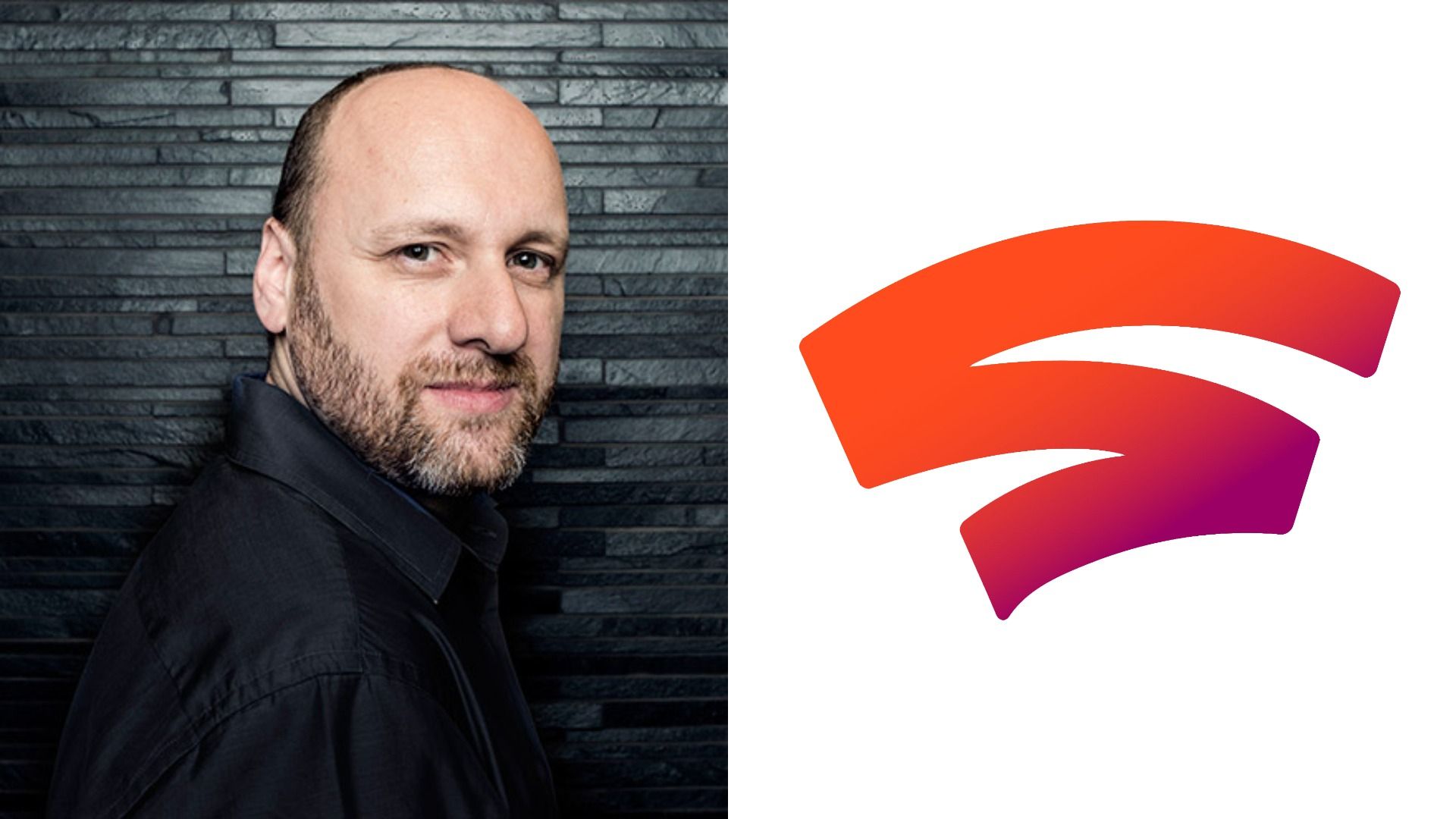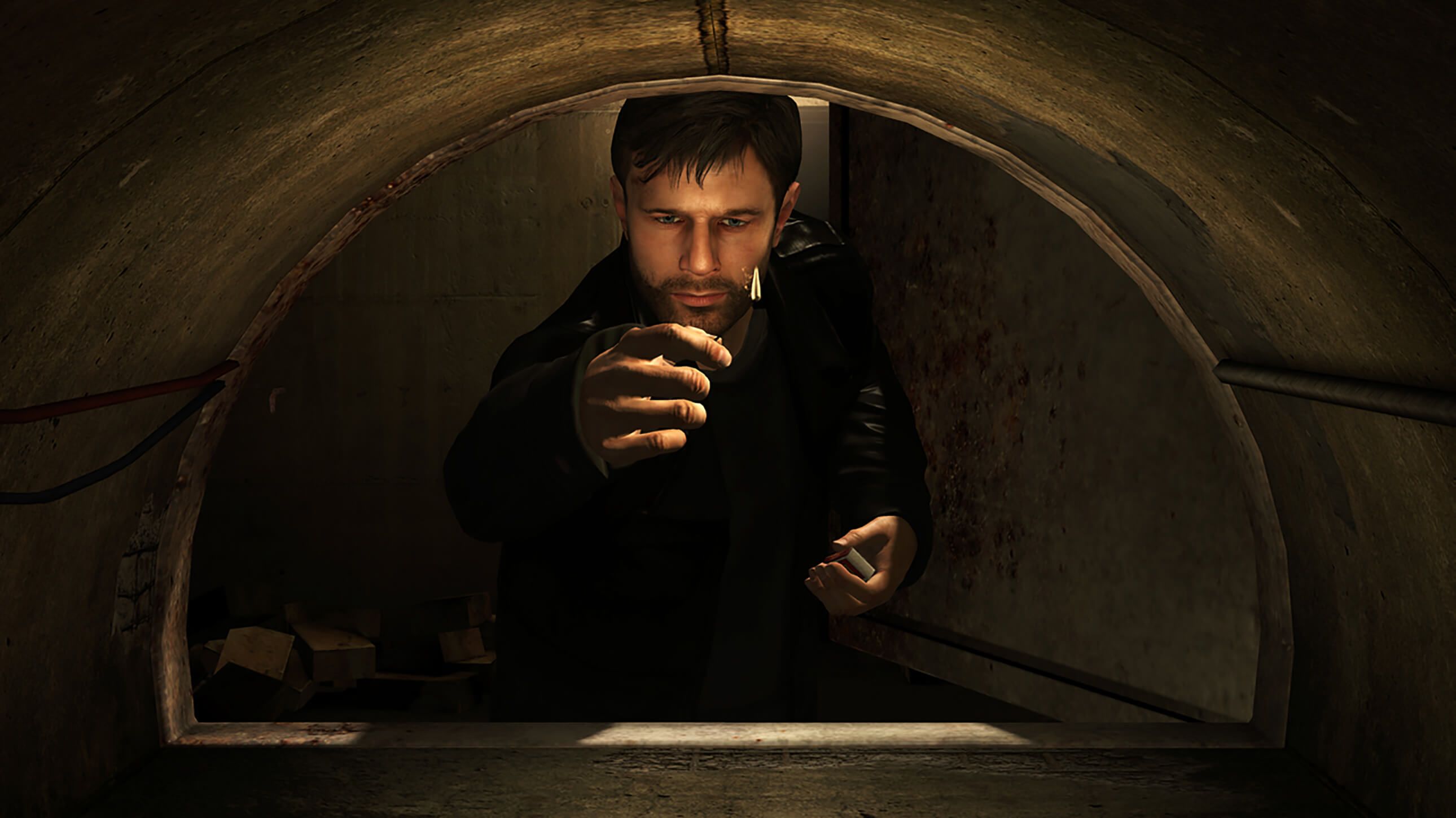Google Stadia and the "cloud play" revolution it is potentially signifying for the gaming industry has been a point of debate for many since Stadia was officially unveiled in March. Thousands of developers are applying to work on the console, so many are enthusiastic; that being said, some have also voiced hesitation about possible problems with input lag and the like on a platform that relies on streaming like Google Stadia.
DualShockers recently interviewed David Cage, founder of Quantic Dream, and Google's exciting new platform was a point of discussion. While his outlook on next-gen consoles like Project Scarlett and PS5 is not as enthusiastic, Cage definitely seems pretty excited about the potential of "cloud play," as he calls it, going as far as to say "it will totally change the face of our industry, both for players and developers."
He is confident enough in cloud play to even say that he hopes Epic Games turns their storefront, which Quantic Dream's Heavy Rain, Beyond: Two Souls, and Detroit: Become Human will all be available on by the end of the year, into a cloud gaming platform like Stadia. "I hope that they will consider becoming a Cloud Play platform. Cloud Play is going to be the next revolution in gaming, and I hope it will be a competitive landscape. Games are going to look stunning no matter what screen you play on, and developers will only have to focus on one platform, which means that dev money will go into quality instead of compatibility."
[pullquote]"Cloud Play is going to be the next revolution in gaming, and I hope it will be a competitive landscape."[/pullquote]
That last point about focusing on "quality instead of compatibility" seems to be the driving force in David Cage's optimistic thoughts on game streaming platforms like Stadia. He see potential in platforms that allow someone to "play the same game with the same graphic quality on all screens, including mobile. They will be able to start playing on their big screen in their living room, then continue playing in the bus on their mobile, all with the same visual quality." From a development standpoint, this could mean that "developers won’t have to develop three or four versions of their engines to fit all platforms. They will just focus on one Cloud Play engine and get it streamed on all platforms."
David Cage hopes that by doing so, developers like Quantic Dream "can then reinvest the time, energy, and resources they will save in making the gaming experience even better." On the consumer side of things, Cage is a believer of the fact that "Cloud Play will also be a way to make high-end video games accessible to a wider audience."
Even though he is more enthusiastic about this emerging way of playing games than some, Cage still pointed out some of the problems that platforms like Stadia could run into, specifically a sustainable revenue model. "Of course, there are many obstacles along the way before all this becomes a reality, and technology may not be the most challenging one. Business model and revenue sharing are still major questions to answer before the entire industry can migrate to Cloud Play."
Cage seems to be in support of a subscription model, saying that he hopes the existence of cloud gaming platforms like Stadia will mean that players "will not need to invest $400 in a gaming platform; you will probably end up paying a monthly subscription to play your favorite games." That being said, Google only seems to be half embracing this model, so it will be interesting to see how they try to make it sustainable in the long term.
Of all the developers that I have talked to about Stadia and game streaming in general, David Cage is certainly one of the most optimistic. Like the EA Originals developers I talked to in June though, and as he mentioned with next-gen consoles, Cage still believes that Google Stadia needs to provide good games in order to be successful. "Google Stadia is an interesting attempt at breaking this new ground. They definitely have the resources and technology to make it happen, but like their competitors, they will need to convince developers and publishers to make their platform unique. Content is king: the platform with the most exclusive content will win."


